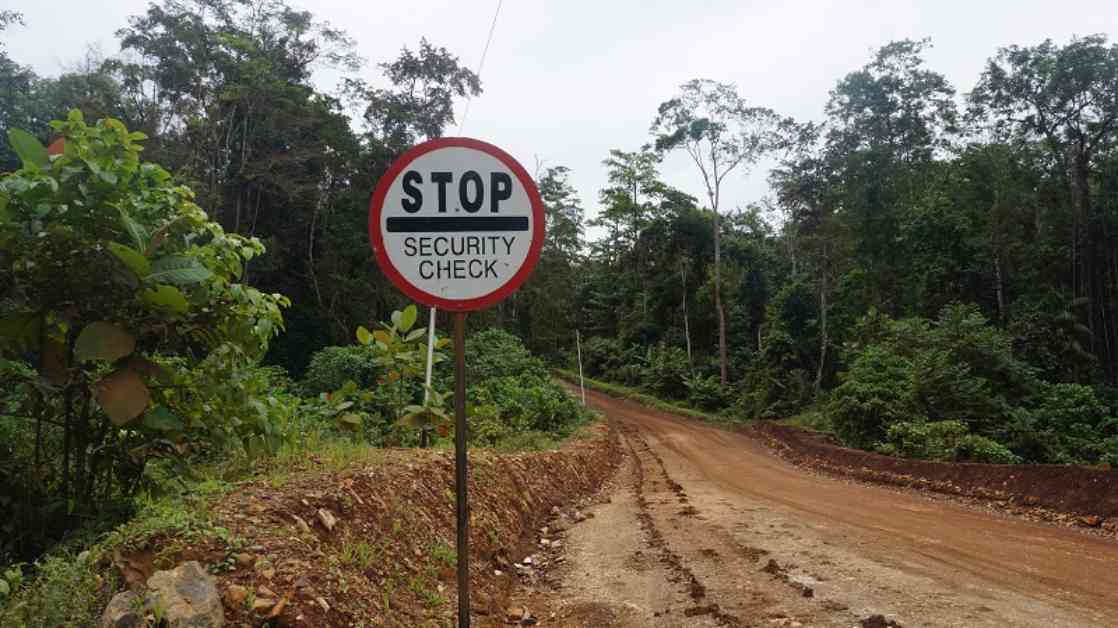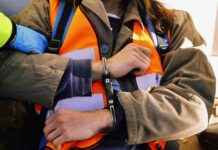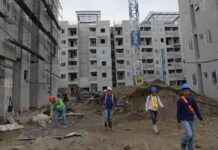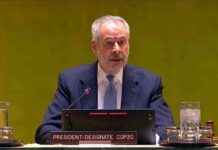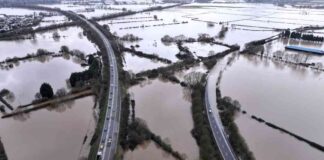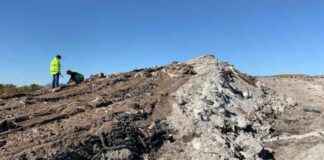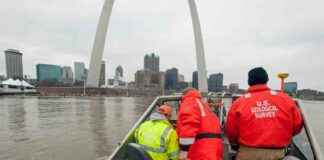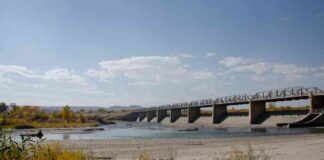Impact of Nickel Mining on Indonesian Communities
Indonesia, known for its abundant nickel reserves, plays a crucial role in the global shift towards a low carbon world. However, the extraction of this valuable mineral is taking a toll on the lives of local communities, particularly in places like Kabaena island in Southeast Sulawesi. The pristine natural beauty of this tropical paradise is being overshadowed by the devastating effects of nickel mining, which are set to worsen in the near future.
Local Community Voices
Local residents like Sahrul, a community activist and founder of Sagori, are witnessing firsthand the destructive impacts of mining on their environment. Sahrul describes how the once picturesque landscape has been transformed into a muddy wasteland, leading to flooding and social conflicts within families. Similarly, Amal, a young tourism student, laments the loss of forests and rivers due to mining activities, highlighting the severe environmental degradation that has taken place.
Threats to Indigenous Communities
Reports from organizations like Satya Bumi shed light on the extensive pollution of rivers and seas, resulting in reduced fish stocks and health issues among the local population. The Indigenous Bajau community, also known as Sea Nomads, who rely on the sea for their livelihoods, are particularly vulnerable to the negative impacts of nickel mining. Moreover, deforestation caused by mining has become a major concern, with two-thirds of nickel mining concessions in Indonesia located within forested areas.
Global Implications and Call for Action
The surge in global demand for nickel, driven by the transition to electric vehicles, has attracted significant investments from countries like China into Indonesia’s nickel industry. However, the environmental and social consequences of this industry cannot be ignored. As the EU negotiates a free trade agreement with Indonesia to secure critical raw materials for its green energy initiatives, it is imperative that sustainable practices are prioritized to protect communities like those in Kabaena.
In the midst of this complex web of economic interests and environmental concerns, individuals like Tamrin, a local coffee shop owner and father, remind us of the human cost of our actions. As he reflects on the future of his children on Kabaena island, he urges consumers to consider the impact of their choices on communities like his. It is a poignant reminder of the interconnectedness of our world and the responsibility we all share in safeguarding the environment and the well-being of those most affected by industrial activities.

